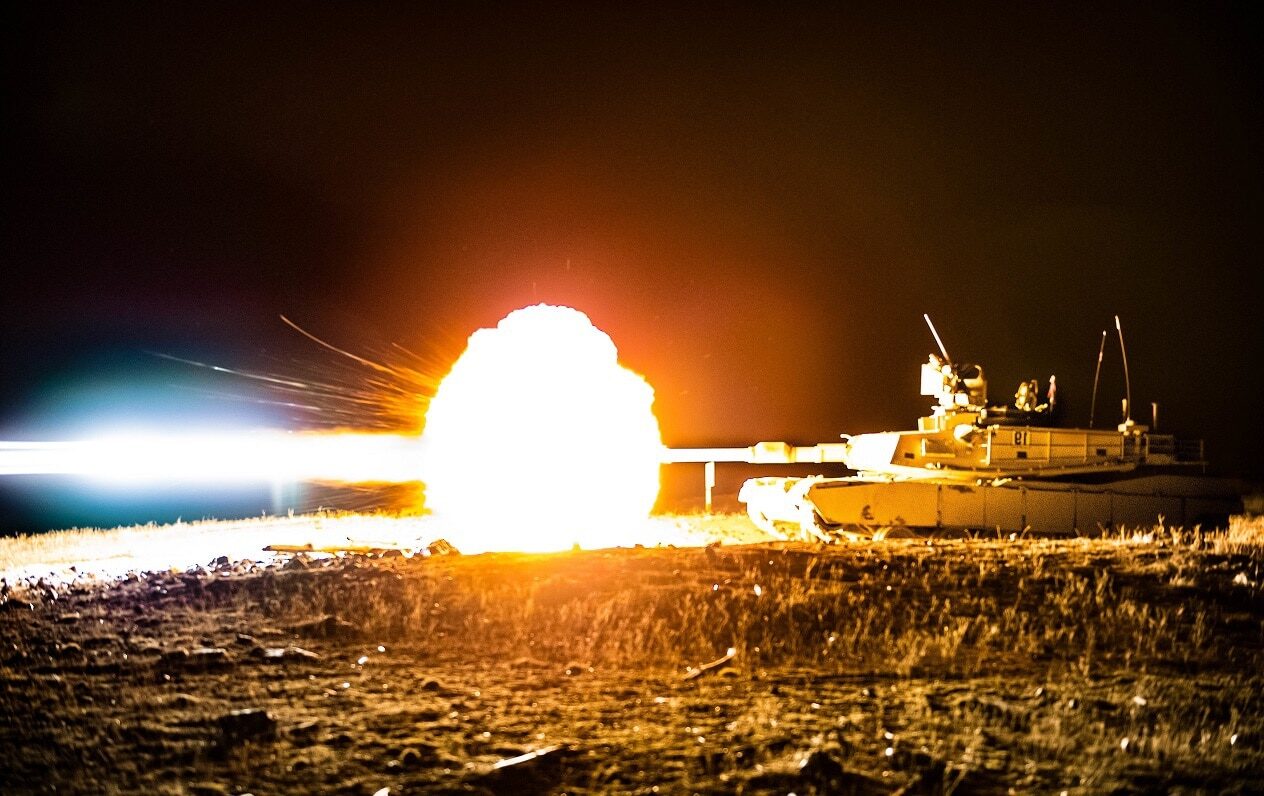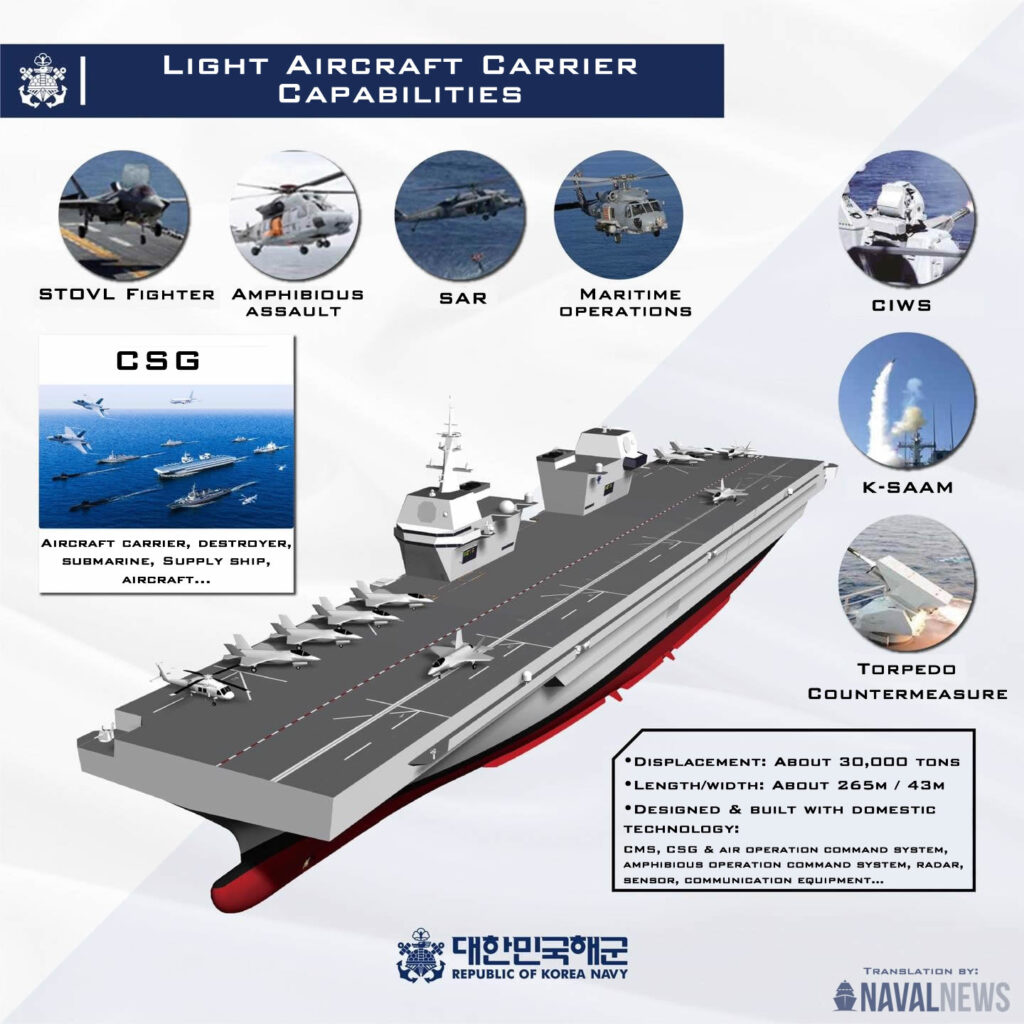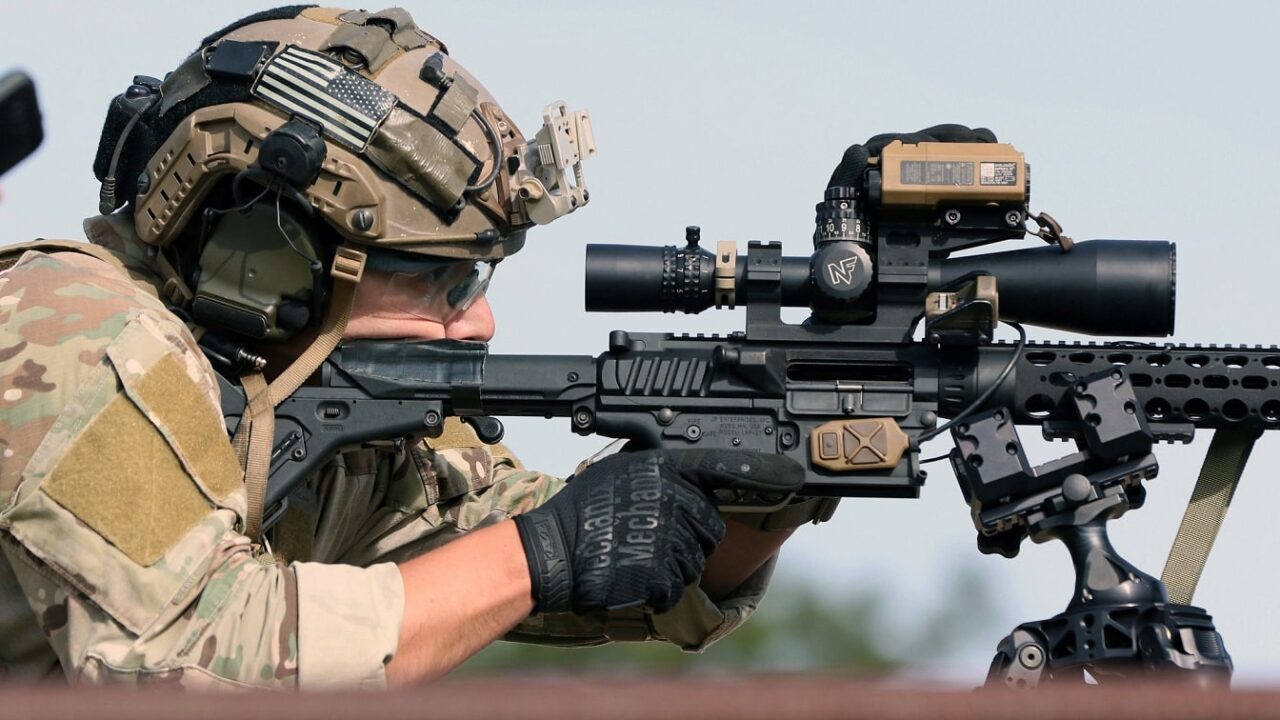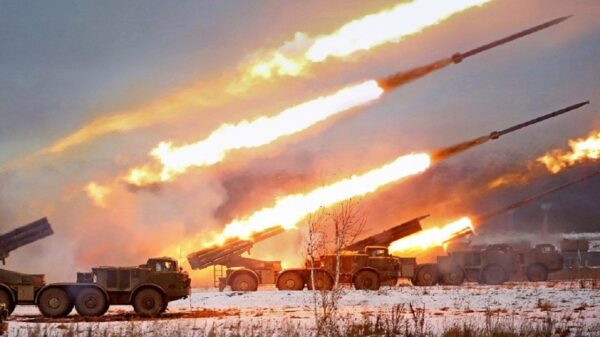 If the Russian reservist mobilization fails to stop Ukrainian counter-offensives, then Putin might consider nuclear escalation.
If the Russian reservist mobilization fails to stop Ukrainian counter-offensives, then Putin might consider nuclear escalation.
This is a re-post of an op-ed I wrote for Channel News Asia on possible Russian nuclear use scenarios in the Ukraine war.
I continue to be pretty skeptical of this, at least at the moment. As I argued on Twitter, it is just not clear to me what target in Ukraine is so valuable and big that it merits the huge geopolitical blowback risk of this dramatic step. For example, is the Ukrainian army so massed together that it would be justify this much force? Not that I know of. Is there an infrastructure target in Ukraine which is so large and so strategically significant that a nuke would be worth the risk? Again, I don’t think so. Most of what Ukraine has which is worth striking can be attacked with conventional weapons.
The one possible option is a ‘counter-value’ nuking of a Ukrainian city – to shock Ukraine into surrender, and even wipe out the Ukrainian leadership in one stroke if the target were Kiev. But this would kill so many people that it would look like nuclear genocide. Russia’s friends would all abandon it, and NATO might well openly enter the war.
I cover a lot of this in the CNA essay. Here is the original, pre-edited version:
Russian President Vladimir Putin is in a tight spot. His invasion of Ukraine is flailing. He expected a quick victory when he launched his February attack. A blitzkrieg would allow him to replace Ukrainian President Volodymyr Zelensky with a Russian stooge. This puppet would block Ukraine’s drift toward the West and allow the Russian army to withdraw. Similar to Putin’s rapid absorption of Crimea in 2014, the Ukraine war would be over before the West had a chance to respond.
Instead, the war degenerated into an expensive stalemate. The Russian army took territory in the south and east early on but has been unable to make major gains since then. Putin’s best units have already been committed to the war and are degraded after months of combat. Ukraine has fought back ferociously and launched a counter-offensive earlier this month which retrieved about 20% of Putin’s initial gains.
Putin has panicked, declaring a massive mobilization of Russian reservists. But there is widespread suspicion in the analyst community that these forces will not win the war, just drag it out. Russia does not have the logistical capability to deploy, train, or kit these new forces properly. Stories are already emerging of these newly impressed reservists being sent to Ukraine with no training. The sheer size of Russia’s mobilized army may slow down Ukraine, but it is unlikely to change the long-term outcome – Russian exhaustion and withdrawal.
Please read the rest here.


 Pursuing a restrained US foreign policy is compatible with helping Ukraine, because restraint still takes threats seriously and Putin is pretty obviously one.
Pursuing a restrained US foreign policy is compatible with helping Ukraine, because restraint still takes threats seriously and Putin is pretty obviously one. There has a been a pretty vibrant debate in South Korea over building an indigenous aircraft carrier. That debate has been especially resonant where I live – Busan – because it would probably be built here.
There has a been a pretty vibrant debate in South Korea over building an indigenous aircraft carrier. That debate has been especially resonant where I live – Busan – because it would probably be built here. US politics is part of my teaching load here in Korea where I live. Inevitably, part of that is the US gun debate. The US fascination with guns bewilders foreigners – and that is putting it mildly.
US politics is part of my teaching load here in Korea where I live. Inevitably, part of that is the US gun debate. The US fascination with guns bewilders foreigners – and that is putting it mildly. Calling Western support for Ukraine ‘pro-war’ is grossly manipulative and deceptive with its implication that Western elites ‘like’ war. That is obviously not the case. Does Ursula von der Leyen strike anyone as ‘pro-war’? Gimme a break.
Calling Western support for Ukraine ‘pro-war’ is grossly manipulative and deceptive with its implication that Western elites ‘like’ war. That is obviously not the case. Does Ursula von der Leyen strike anyone as ‘pro-war’? Gimme a break. This is what a peaceful transition of power looks like, American Republicans! Moon and Yoon follow the rules. That’s good. Learn from that.
This is what a peaceful transition of power looks like, American Republicans! Moon and Yoon follow the rules. That’s good. Learn from that. Yeah, it’s a click-bait-y title, but it’s kinda true! Putin’s foolish war is turning Russia into a hated, isolated country with a lot of the same problems as North Korea, just on a larger scale.
Yeah, it’s a click-bait-y title, but it’s kinda true! Putin’s foolish war is turning Russia into a hated, isolated country with a lot of the same problems as North Korea, just on a larger scale. South Korea got a lot of (deserved) criticism for its erratic, corporate-profits-uber-alles approach to the Ukraine War. It has since come around, but only after the US twisted its arm with export control threats. And its MPs mostly skipped Zelensky’s speech to the SK parliament. All in all it was a pretty poor showing.
South Korea got a lot of (deserved) criticism for its erratic, corporate-profits-uber-alles approach to the Ukraine War. It has since come around, but only after the US twisted its arm with export control threats. And its MPs mostly skipped Zelensky’s speech to the SK parliament. All in all it was a pretty poor showing. Putin can’t conquer Ukraine, but taking Donbas, creating another ‘frozen conflict,’ and ending the war before it all gets so much worse for Russia is a pretty good option.
Putin can’t conquer Ukraine, but taking Donbas, creating another ‘frozen conflict,’ and ending the war before it all gets so much worse for Russia is a pretty good option.